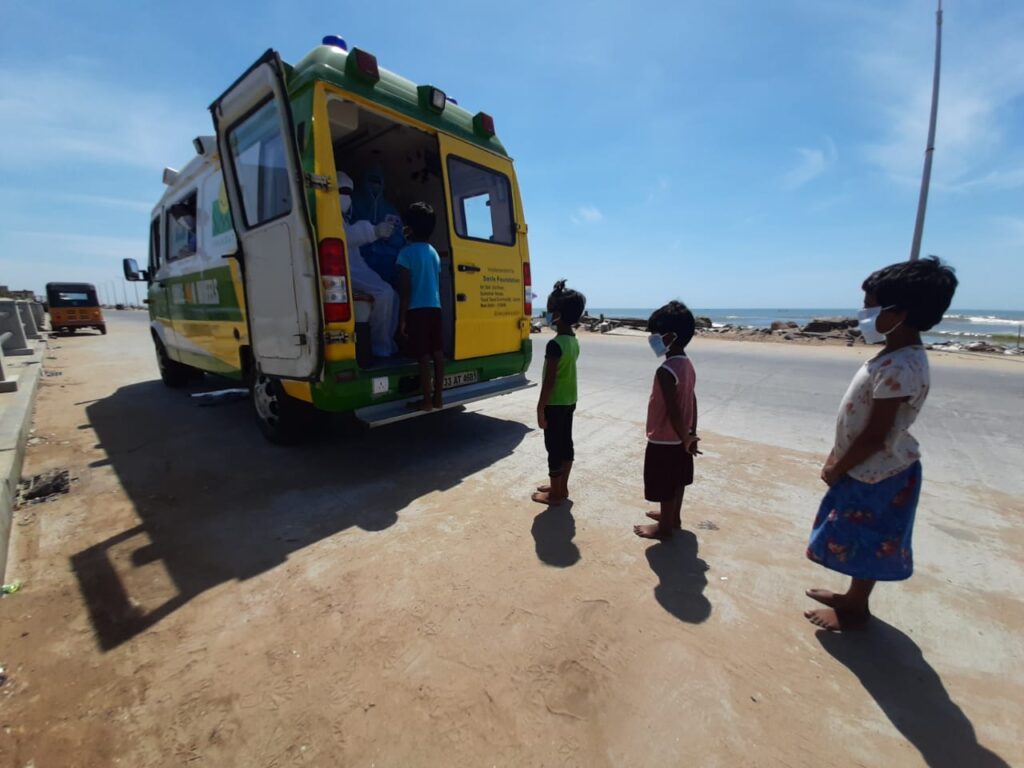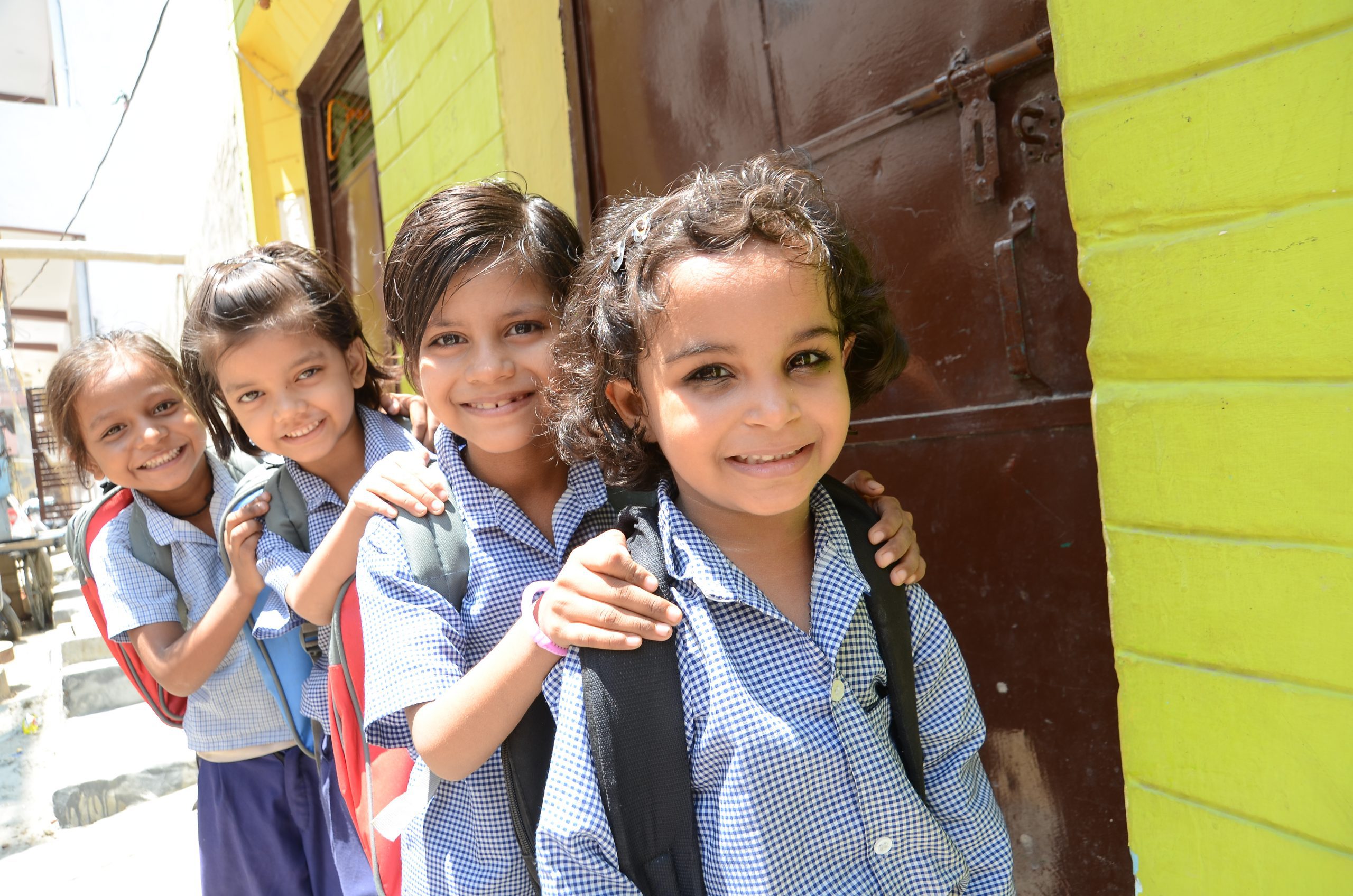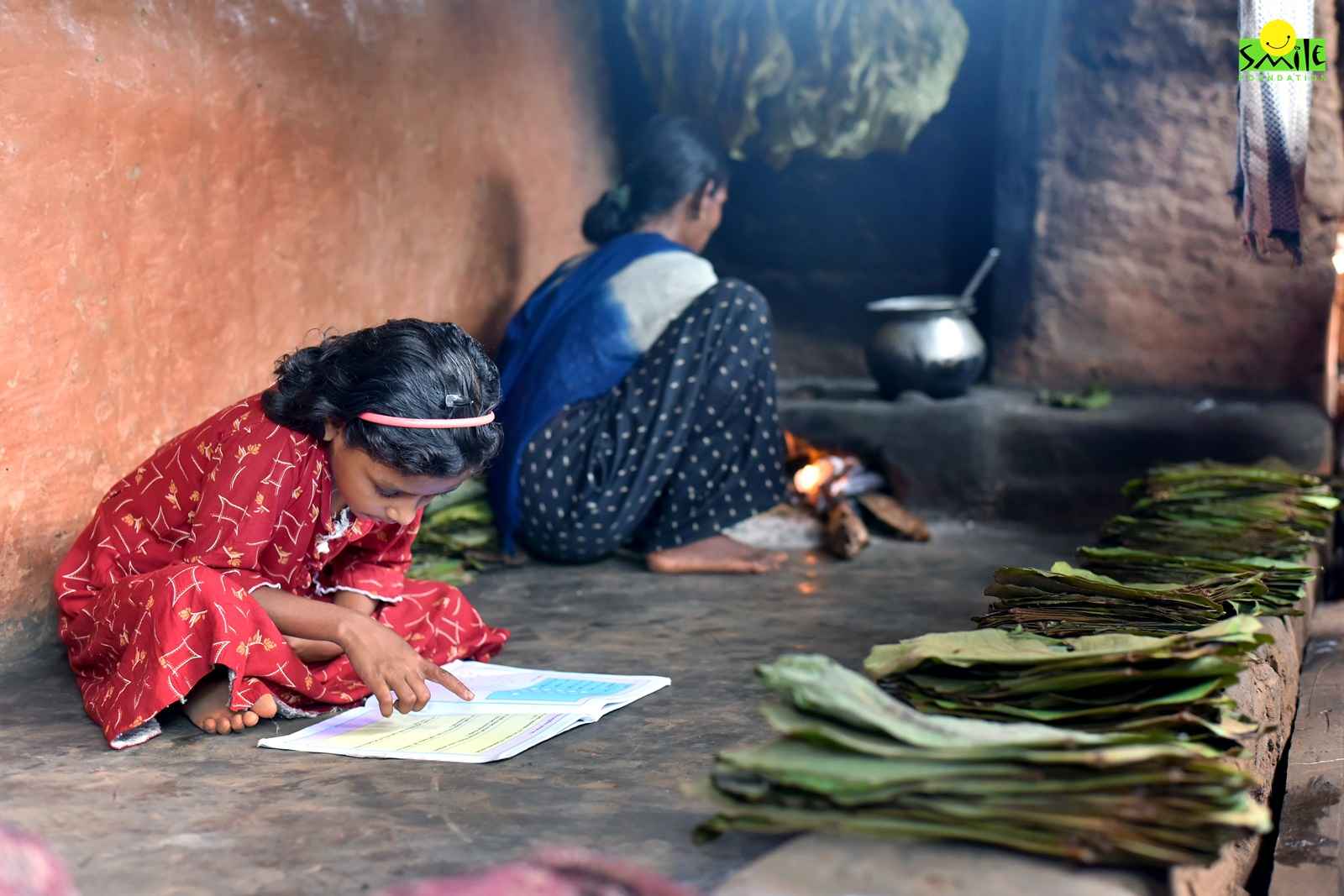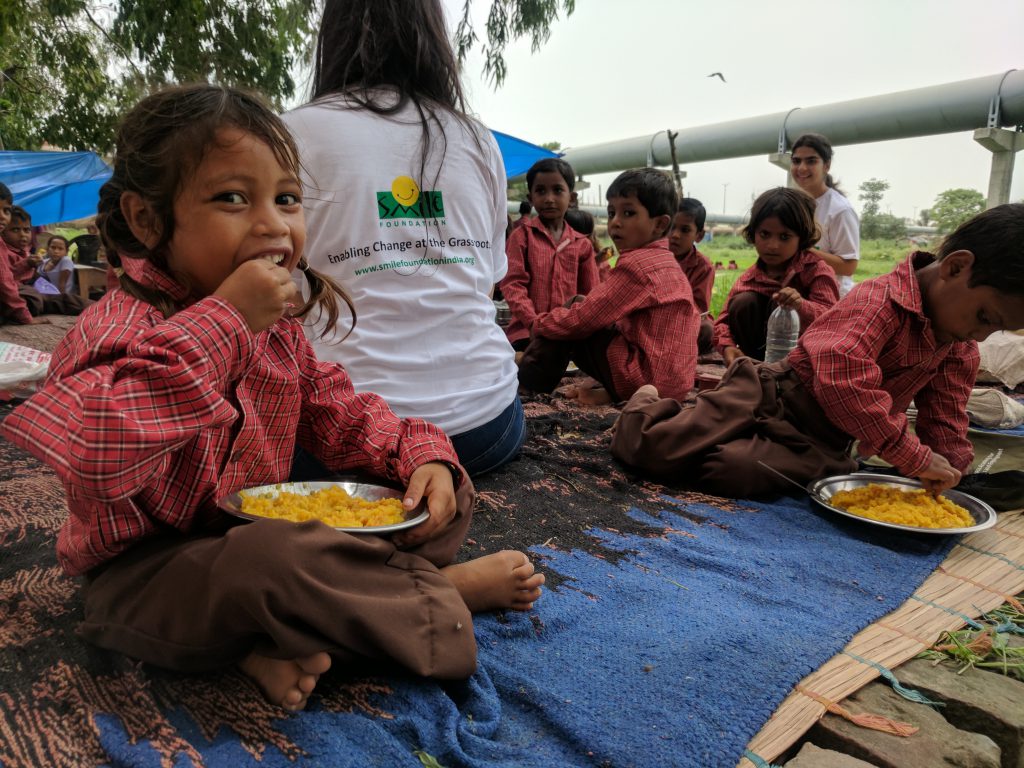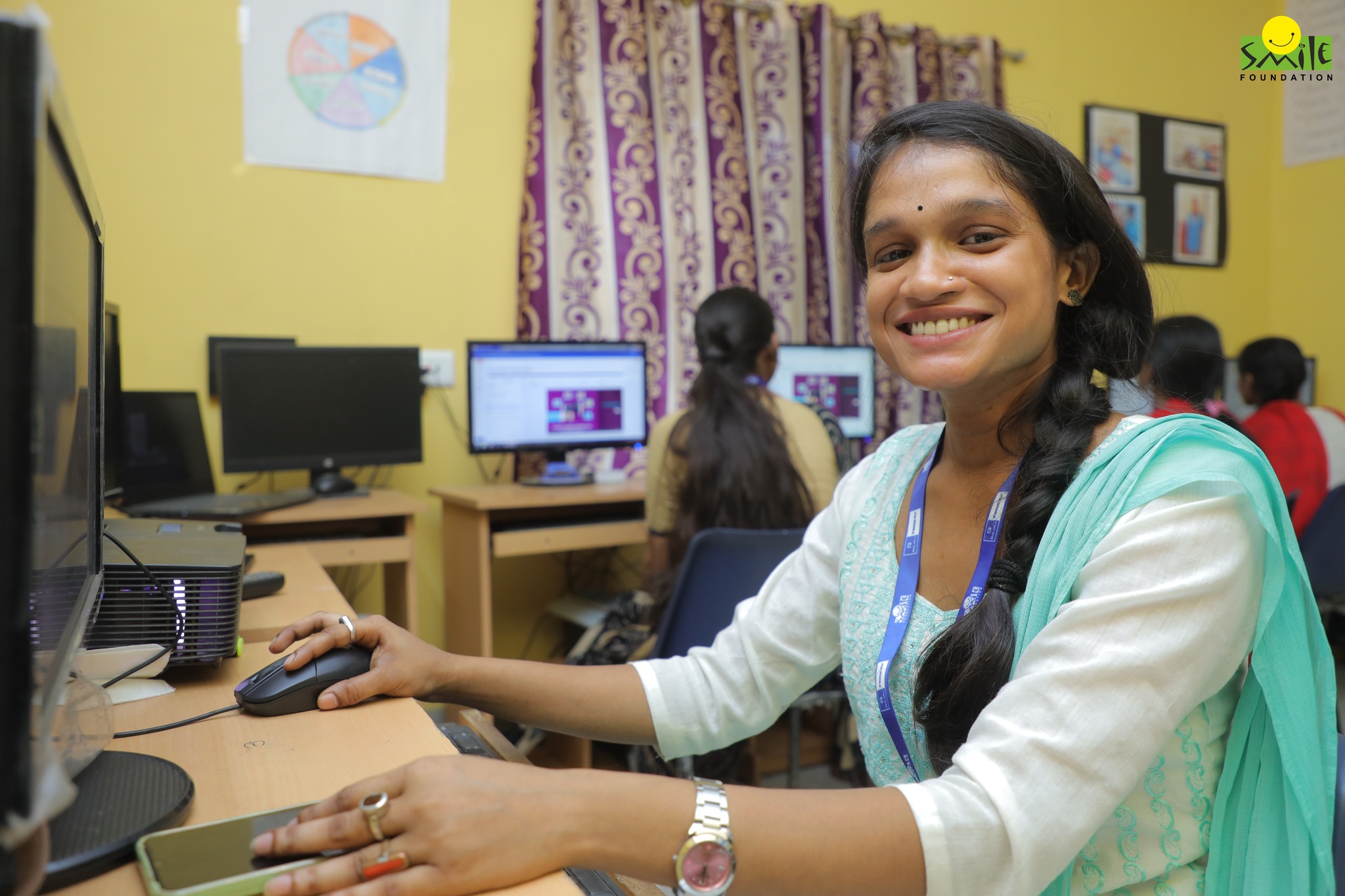The concept of traditional medicinal treatment may look alien to many, but the reality is that even today in many corners of India, due to the lack of proper medical facilities, many people still rely on the treatment of the medicine man. Despite advancements in modern medicine, quality and affordable healthcare access in rural communities is still a challenge.
The major factors for a disconnect between rural communities and India’s advanced medical science are –a) the accessibility to advanced medical treatment is limited in many parts of the country and b) accessing the available new-age medical treatment comes with the burden of high-cost – which is why it is pertinent to take collective actions to tackle this issue.
Quality Healthcare in India- A Critical Analysis
The India Healthcare system has undergone several changes over the years. Be it the improvement in the average life expectancy, the introduction of breakthrough vaccination and therapies to eradicate/minimise the spread of smallpox and polio, or extensive research on human genomics to improve survival rates in cancer, India’s medical field has witnessed monumental improvements.
As per the latest record published by the Ministry of Health and Family Welfare, around 161,829 sub-medical centers are in India, out of which 157,935 are functional in rural India. Furthermore, over 31,000 primary health centers are functioning in both rural and urban centers- 24000 + in the rural areas and 6000+ in the urban areas. In the rural parts of the country, over 6000 fully functional community health centers have been established, out of which over 5000 are in rural India and 500+ are in urban areas.
However, despite several positive interventions in the Indian healthcare system, the benefits of medical advancement have still not reached many in rural India. As per the survey- “Bharat Health Index”– only 25% of the respondents of the survey have access to modern healthcare in their localities. Only 15% could visit a doctor’s clinic within a 5 km radius. 90% of the respondents mentioned that they have to travel to different locations for specialised treatment.
On the other hand, expensive medical treatments have also curtailed many people to access healthcare facilities around them. It has been indicated that 23% of the respondents rely on informal loans or borrowing to cover medical expenses. 6% have to sell assets to avail medical treatments and pay hospital bills.
The Many Challenges
- Insufficient Infrastructure
It has been observed that several primary health centers and sub-centers lack proper infrastructure i.e., lack of basic healthcare facilities, equipment and resources due to which basic healthcare services seem to be a huge deal for many living in rural India.
2. Absence of well-trained healthcare professionals
Another challenge that India’s healthcare system faces is the lack of well-trained medical professionals in rural India, where the majority of the country’s population resides. The scarcity of doctors and nurses in villages has often resulted in inadequate patient care therefore, negating all the efforts of making the public health care system an efficient structure in alignment with the objectives of Universal care.
3. Financial constraints
In rural India, quality medical treatment is not based on its necessity in a sick person’s life but on his or her capacity to afford it or not. Health insurance in rural India is still a utopian concept, as life insurance coverage in rural India is set at a mere 8-10% while less than 20% of the rural population has any form of health insurance.
Digital Healthcare in India- The New Wave
Post-pandemic, global healthcare systems have opened their doors to digitalisation so that the gaps between patient and quality healthcare are filled. Digital initiatives in the healthcare system taken by the Government of India such as Ayushman Bharat Digital Mission, CoWIN app, Aarogya Setu, e-Sanjeevani, and e-Hospital have been integral channels of taking quality healthcare to rural India.
This new wave of digitising healthcare in India is intrinsically connected to the National Health Policy (NHP) 2017. It promotes a national digital health ecosystem that supports universal care by making healthcare – efficient, accessible, inclusive, affordable, timely and safe.
What is Smile Foundation doing about Quality Healthcare in India?
Aligned with the United Nations Sustainable Development Goals (SDGs) and inspired by several government initiatives, Smile Foundation has been working on improving and supporting the Indian healthcare system, especially with a focus on making healthcare in rural India – Accessible, Available and Affordable.
Every year Smile Foundation ensures that over 15 lakh beneficiaries living in the nooks and corners of the country receive primary healthcare services through-
- Smile on Wheels
These state-of-the-art mobile medical units are equipped with point-of-care test facilities, medicines and medical professionals. The SOWs travel to far-off villages, taking the necessary medical support needed for the people so that they can timely get the benefit of proper medical attention.
2. Telemedicine Units
With many Telemedicine units, Smile Foundation is optimising the objective of the national digital health mission so that rural people of India can easily connect with specialised doctors for their treatment through the e-health kiosks and Telemedicine center staffed with well-trained paramedics.
3. Static Clinics
To reduce the challenges of accessibility and affordability, our static clinics is specifically designed with OPD, medicines and point of care facilities and counseling so that patients and their families garner the easy benefits of inclusive medical treatment.
4. 100+ Health Camps
As an organisation that works on-the-ground, Smile Foundation conducts health camps regularly to provide the beneficiaries with need-based healthcare service to specific targets with specialised doctors, so that collectively we can achieve and practice Universal Healthcare for all.
Dignified Life
Quality healthcare is integral for living a dignified life. Smile Foundation firmly believes that as a nation, we must collectively channel our efforts towards shaping the Indian healthcare system as an ecosystem that enables an individual regardless of their socio-economic status, to avail and leverage best healthcare services for themselves and their future generations. If you wish to know more about Smile Foundation’s healthcare programmes for the marginalised then click here to know more.



